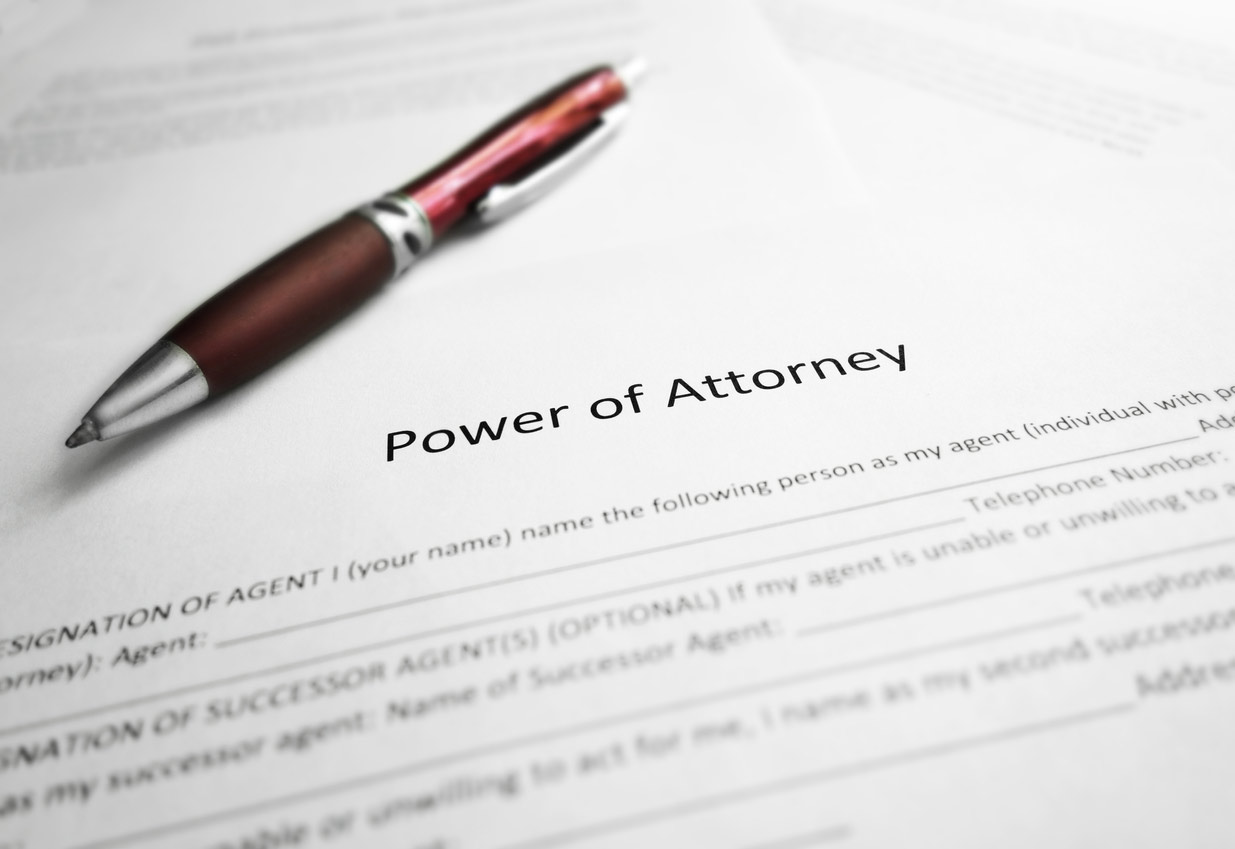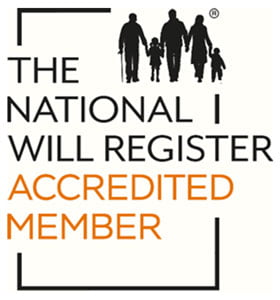Business Owners Must Embrace Lasting Power of Attorney
During these turbulent times many business owners are, undoubtedly, considering what would happen to their business if they were to be in self-isolation, stuck abroad due to travel restrictions, have an accident or lose mental capacity.
Under these circumstances, and without some form of lasting power of attorney (LPA) in place, they may not be able to fulfil their personal life as they might wish, carry out their job, or run their business effectively.
Personal LPAs
For those who are married, have children or own property, it is generally advisable to have personal LPAs. There are two types of LPAs which one can have for personal affairs: property and financial affairs LPA, and health and welfare LPA.
Property and financial affairs LPAs are for things like managing bank accounts, paying bills and selling property. They can be used by attorneys as soon as they are registered. Family members can help with these if necessary, and, for example, can be added to the owner’s bank accounts to assist with financial matters.
As to health and welfare LPAs, attorneys will use them to make decisions about the person’s daily routine, their medical care or life sustaining treatment to mention just a few. These LPAs can only be used if the donor has lost mental capacity.
Many people have personal LPAs but fewer have business LPAs. However, business owners whose business affairs are separate from their family should also consider a business LPA.
Business LPAs
As the name suggests, business LPAs allow the owners of businesses to choose attorneys who can make decisions for them in the running of business. Business attorneys may make decisions at the broadest strategic level, or at a very detailed level. Either may be vital to keep the business running well, but both will require a business LPA.
In addition, businesses often have practical considerations, like signing off on strategic or trivial decisions, authorising payments and using business bank cards, that are not present in an individual’s personal life.
When both types of LPAs are needed
If you have LPAs for your personal life, you may consider you don’t need a business LPA since, in theory, these can extend to your business. But bear in mind most people choose family members as their attorneys for their personal affairs, and they might not be best placed to make business decisions.
Often co-owners or employees will make a better choice of attorney for business matters as they will primarily have a better understanding of the business and will be less prone to the conflict of interest.
Types of businesses that need business LPAs
Sole traders are vulnerable by the very fact that they are their businesses; it is therefore advisable to have business LPAs in place.
Partnership agreements sometimes have clauses to cover these points, but if not, or there is no partnership agreement, business LPAs come into play. Fellow partners are usually attorneys for each other.
Limited companies may have a shareholder’s agreement in place to cover the position, but if not, other directors, shareholders or employees with a business LPA could make a good choice of attorney.
Charities and limited liability partnerships have the same basic principles.
One can also appoint a professional attorney like their solicitor who is best placed to make totally independent decisions on behalf of their client.
What happens if there is no business LPA in place
If there isn’t any form of LPA, an application to the Court of Protection to make decisions or determine practical solutions either in relation to personal or business decisions may well be required.
This process is expensive, takes at least six months to instigate (during which time you, your family or business may suffer hugely) and the Court may appoint someone who you would not have chosen.
Not having any form of LPAs is therefore not an option for most individuals and less so for those who own a business.
For advice on making a personal or business LPA, or to discuss any aspect of Wills and Trusts, contact us 0808 256 2917 or email [email protected].








